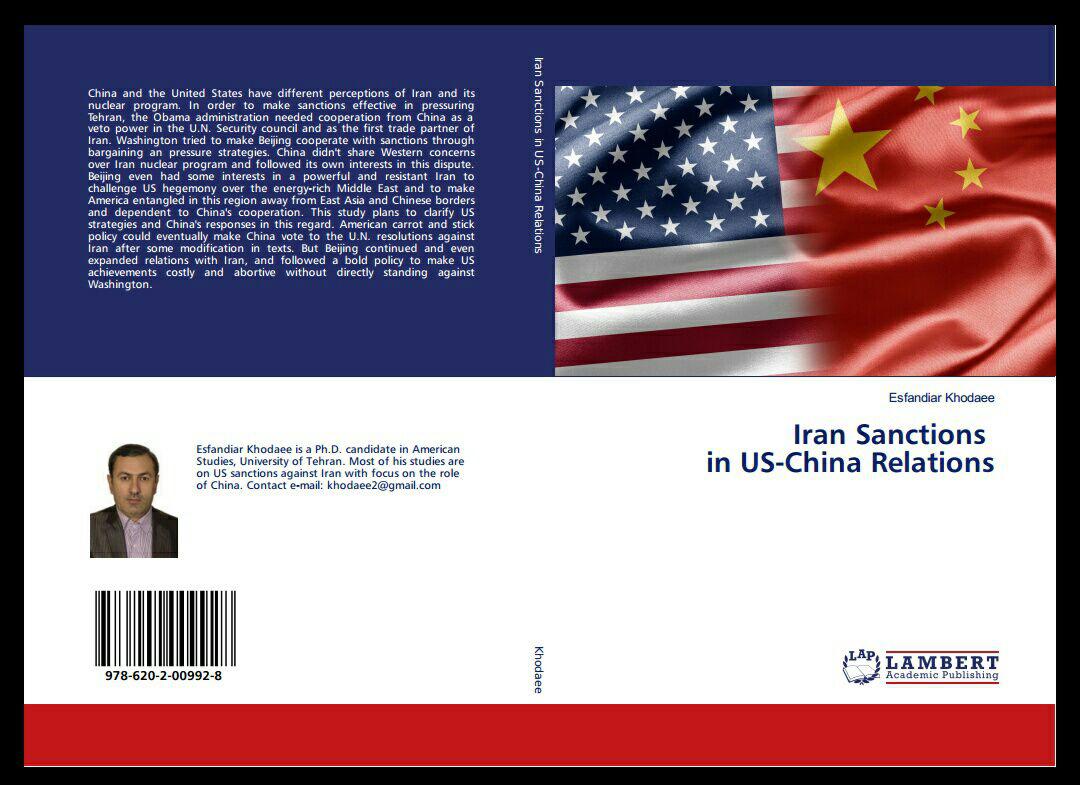دکتر عباس مصلی نژاد، دانشگاه تهران
As it looks at the region, Trump can see three central challenges facing the Middle East, working together to create the horrible brew we're now dealing with. The first challenge is the security vacuums in places like Syria, Iraq, Libya and Yemen that followed the collapse of some of these Arab republics. These vacuums are highly problematic, setting the conditions for extremism. They are where extremists organize and plan attacks, and where refugees originate. A lot of these destabilizing problems, then affect the entire region. Trump's election is a massive setback for humanitarian issues, in fact, many welcome him, despite his rhetoric on Muslims, women and minorities. Most troubling, however, is that many of U.S questions about his approach to the Middle East cannot be answered right now because he literally has no experience in foreign policy. The international community has no idea what to expect from Trump, and such diplomatic uncertainty is a humbling experience at best. Trump needs to reassure its nation's allies before he becomes president; assurances and commitments are especially crucial when times are tough, as they are now. NATO is important, but so are the Sunni Arab states. Given that one of Trump's few clear aims is to destroy the Islamic State, it is absolutely imperative that Saudi Arabia and similar countries be involved, since the group's ideology cannot be discredited without them. The expectation that "Trump as president" will be starkly different from "Trump as candidate" is a false hope at best. Saudi Arabia should be ready for some surprises, likely in the form of negative rhetoric from the Trump administration. Ultimately, the kingdom needs to create an alliance of Sunni countries to serve as a bulwark against a potentially anti-Sunni Trump. While Trump has long signaled a desire to get out of the Middle East, candidates often flip positions when they face difficult decisions as president. Yet the ultimate outcome of any given regional crisis will depend heavily on the cabinet members and advisors surrounding him. Whatever the case, given the region's current situation the Palestinians more divided than ever, the Iranians bent on regional expansion, and the Saudis in the midst of a "revolution disguised as economic reform" U.S historical allies in Israel and the Sunni Arab countries need a strong America now more than ever. Full Text of the Article

